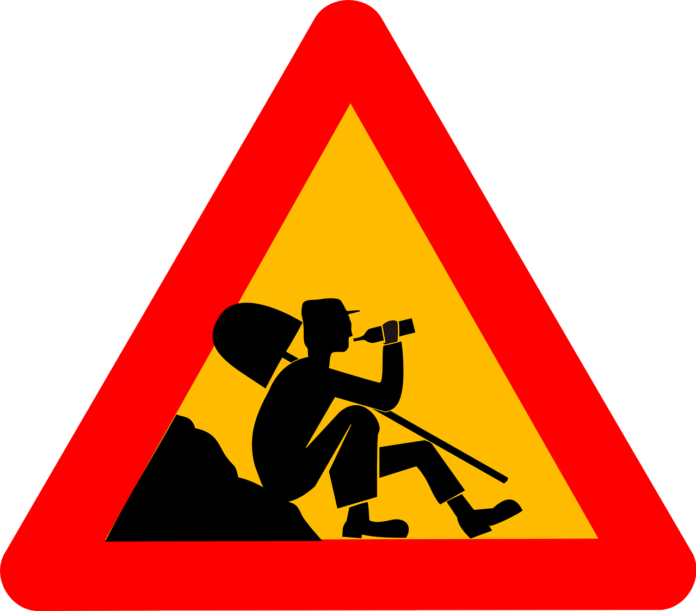In Texas, where scorching temperatures are a regular occurrence, a recent law has stirred up controversy by restricting water and shade breaks for construction workers. While many states have been grappling with the issue of protecting their outdoor workers from extreme heat caused by weather change, Texas has taken a different approach by eliminating city regulations that previously mandated breaks for construction laborers.
Heat-related incidents claim more lives in the United States annually than any other type of extreme weather. Extreme heat days are increasing with rising temperatures due to climate change, making adequate protection paramount. Unfortunately, Texas has witnessed the tragic consequences of heat exposure, with at least 42 construction workers losing their lives to heat-related causes between the years 2011 and 2021, according to the United States Bureau of Labor Statistics. Labor advocates argue that the number is likely higher, as many deaths are attributed to alternative causes.
The problem extends beyond Texas, with other states facing similar challenges in implementing regulations to safeguard outdoor workers. Only three states, namely California, Washington, and Oregon, currently need (require) heat breaks for workers laboring in hot conditions. Minnesota has regulations in place for indoor workers, while Colorado’s rules solely cover farm workers. This disparity in protective measures leaves a significant portion of the workforce vulnerable to heat-related risks.
In a battle between the conservative Texas Legislature and progressive cities like Austin and Houston, a new law has been enacted to nullify local ordinances, including those mandating water and shade breaks for construction workers. Supporters of the law argue that it promotes business interests and removes unnecessary regulations. However, its impact is far-reaching, stripping local authorities of their power in multiple areas, including agriculture, labor, business and commerce, insurance, natural resources, finances, occupations, and property.
The ramifications of this new law are particularly felt in Austin and Dallas, where ordinances requiring 10-minute breaks to access water and some shade every four hours have been invalidated. San Antonio had also considered a similar ordinance but can now not implement it due to the statewide law. Removing these regulations leaves workers more susceptible to heat-related illnesses and incidents, raising concerns among labor advocates and worker safety organizations.









